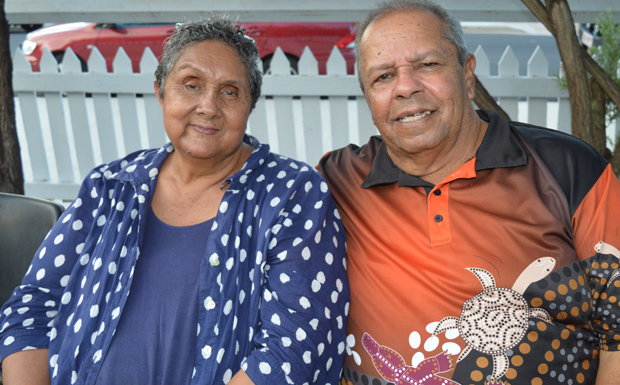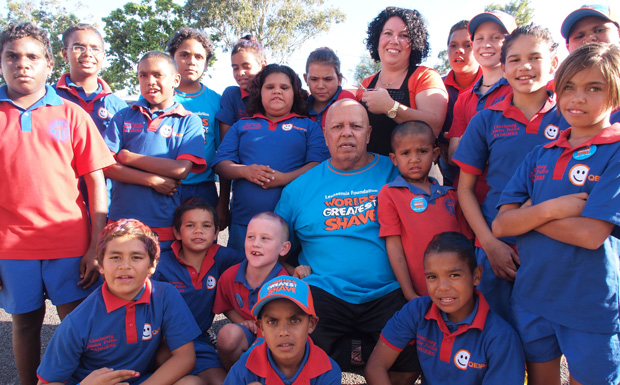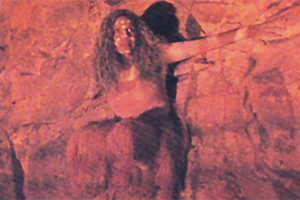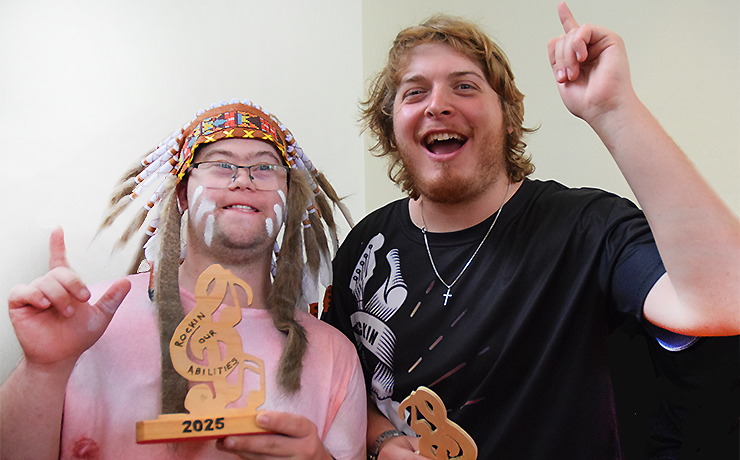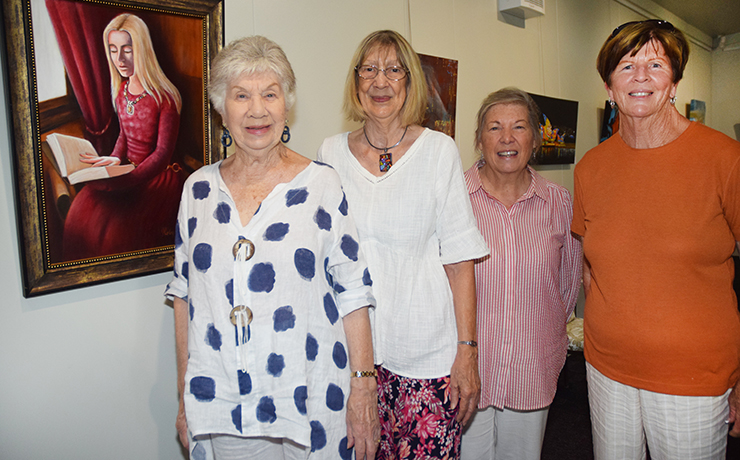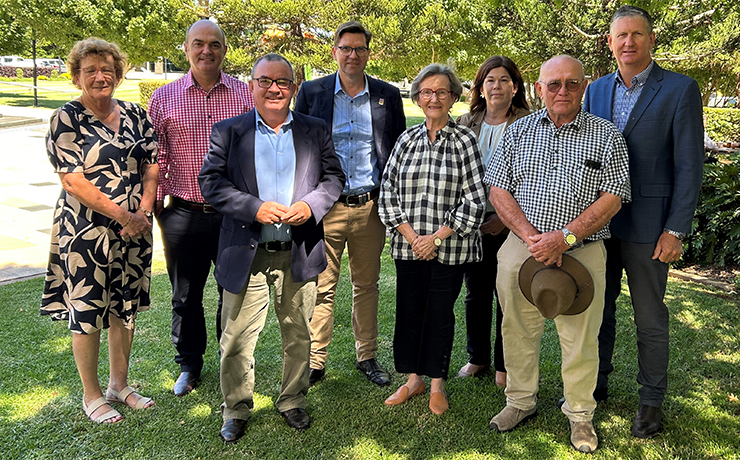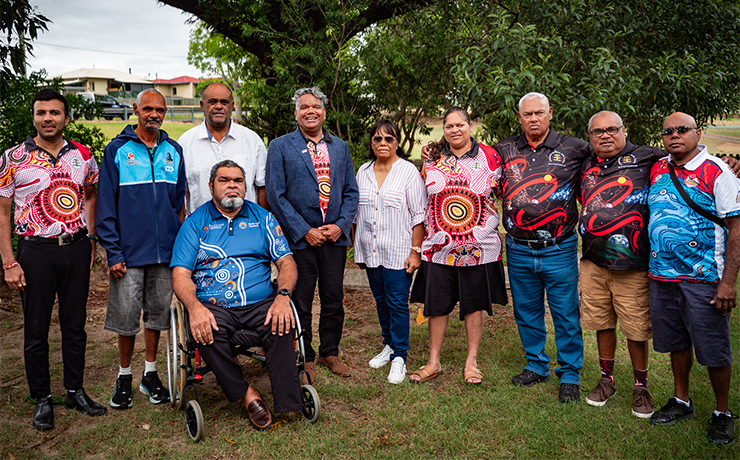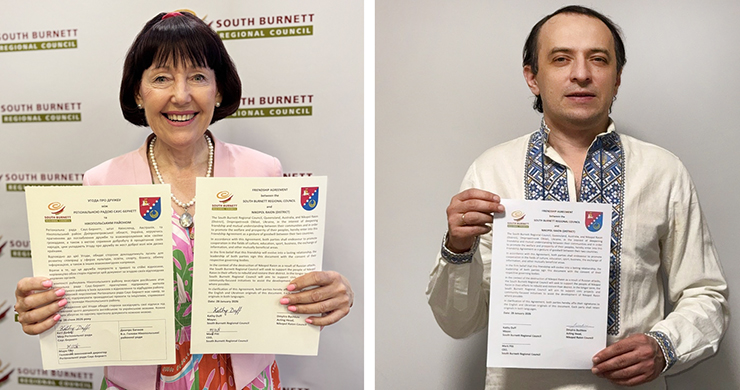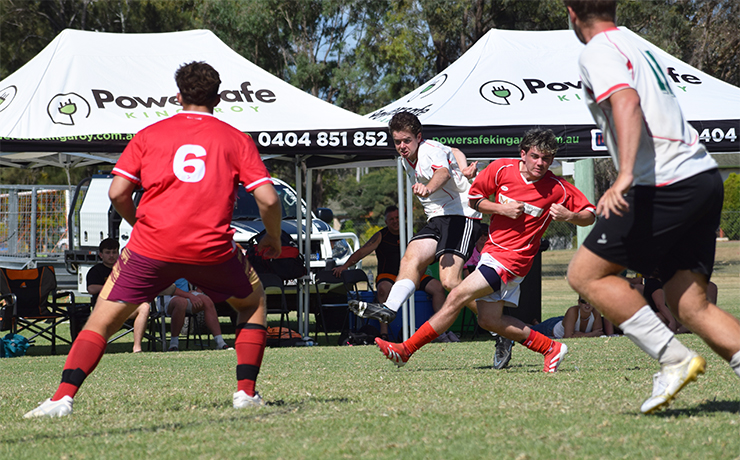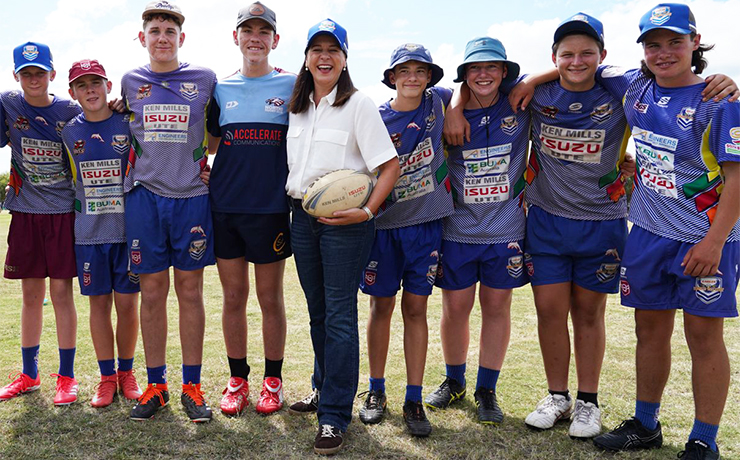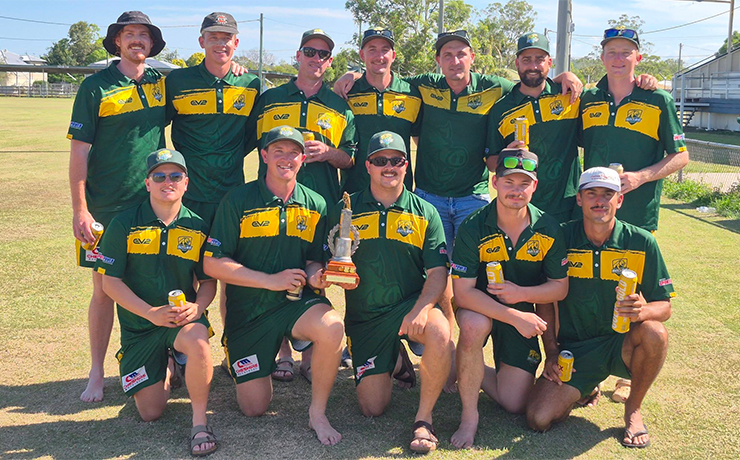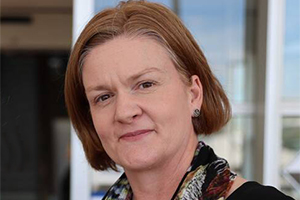
June 28, 2018
Wakka Wakka elder Eric Law was awarded a Member of the Order of Australia (AM) in the recent Queen’s Birthday Honours List … not a bad effort for a youngster who started school in the 1950s at what was then known as the Cherbourg Mission School.
It’s been a long journey to receiving one of the highest honours Australia hands out – a journey that has included service in Vietnam, the life of a teacher in country schools and then a return to Cherbourg to become superintendent of the then-Aboriginal Reserve and later Mayor of the independent council.
Uncle Eric Law was born in Cherbourg in 1950, the son of Vincent Frederick Law, a proud Wakka Wakka man and returned World War I soldier, and Marjorie Clevens, a Bigambul woman from NSW.
Marjorie, 7, and her sister Phyllis, 9, were brought to Cherbourg about 80 years ago from Collarenebri. No one really knows why …
War Memorial records show Vincent served in Egypt. In 1976, he was awarded a British Empire Medal (BEM) for his services to the Aboriginal community.
Eric has followed in his dad’s footsteps in more ways than one.
In 1967, the young man finished high school at Murgon.
Conscription had begun in Australia in 1964, but it was not compulsory for Aboriginal men to serve.
(It was a different time. Prior to the 1967 Referendum, Aboriginal and Torres Strait Islander people weren’t even counted in the Census.)
However, Eric told his father if his birthday was pulled out of the conscription lottery, he would take it as a sign and volunteer.
It was, and he did.
Eric was shipped off to Vietnam in 1969 and worked at the Australian Taskforce Headquarters in Intelligence.
“We were briefing our leaders about where we thought there was a potential for attack,” he said.
Once back in Australia, Eric began studying at Teacher’s College.
In 1972, a trial began at Cherbourg School of “community teachers”. These were Aboriginal people who were more than teacher’s aides but not yet qualified teachers.
“We were the first lot to do it and it worked here brilliantly,” Eric said.
“It gave me the motivation to go and get qualified.”
Eric went to Townsville in 1976 and began a teaching degree.
He was studying with a group of about 20 Indigenous students from all over Queensland, some just out of high school.
“We were the first group of Aboriginal people to go through uni as a group. That was significant,” he said.
Eric graduated in 1980 and began his teaching career, mainly in North Queensland, and progressed to being appointed principal at a school in Torres Strait.
About this time, then-Queensland MP Bob Katter came into Eric’s life.
Mr Katter was Minister for Northern Development and Aboriginal and Islander Affairs in the Bjelke-Petersen government, and he asked Eric to come and join him in the department.
In 1983, Katter appointed Eric superintendent of Cherbourg.
It was a time of change for Aboriginal Affairs in Queensland.
“We created DOGIT (“Deed Of Grant in Trust” – the community-level land trust scheme established to administer former Aboriginal reserves) and we created councils,” Eric said.
“We changed from being governed by Brisbane to being governed by an elected council.”
Eric was elected to the second Cherbourg Council and served as Mayor during the 1980s.
He then returned to teaching, serving as Campus Director at Nurunderi TAFE and working in the Catholic school system, mainly at St Joseph’s school in Murgon and St Mary’s in Kingaroy.
He retired from full-time work in 2007 and took on the role as chairman of the Queensland Aboriginal and Torres Strait Islander Catholic Education committee.
And he still does some work for this committee today.
In 2013, Eric was presented with the “Aunty Joan Hendriks Spirit of Catholic Education Award for Reconciliation” by State Governor Penelope Wensley for his work at St Joseph’s.
In 2015, he added fundraising to his career portfolio when he was named the South Burnett “Face Of Relay” for the annual Relay For Life cancer appeal.
These days Uncle Eric is still heavily involved in activities in Cherbourg.
He’s immensely proud of the “Cherbourg Junior Police Rangers”, a group of local youngsters he’s been working with who have been running the annual Cherbourg Anzac Day service for the past eight years.
“It’s the only place in Australia where a group of Aboriginal children run an Anzac Day service,” he said.
He’s also a member of the committee that runs The Ration Shed Museum and historical precinct at Cherbourg, and is one of the regular tour guides who lead visitors through the displays.
Any story about Eric Law must also mention his wife Shirley … the couple have been married for 44 years and have five children.
“A lot of credit for my award goes to my wife Shirley and my family,” Eric said.
“They have followed me all over the place.”
